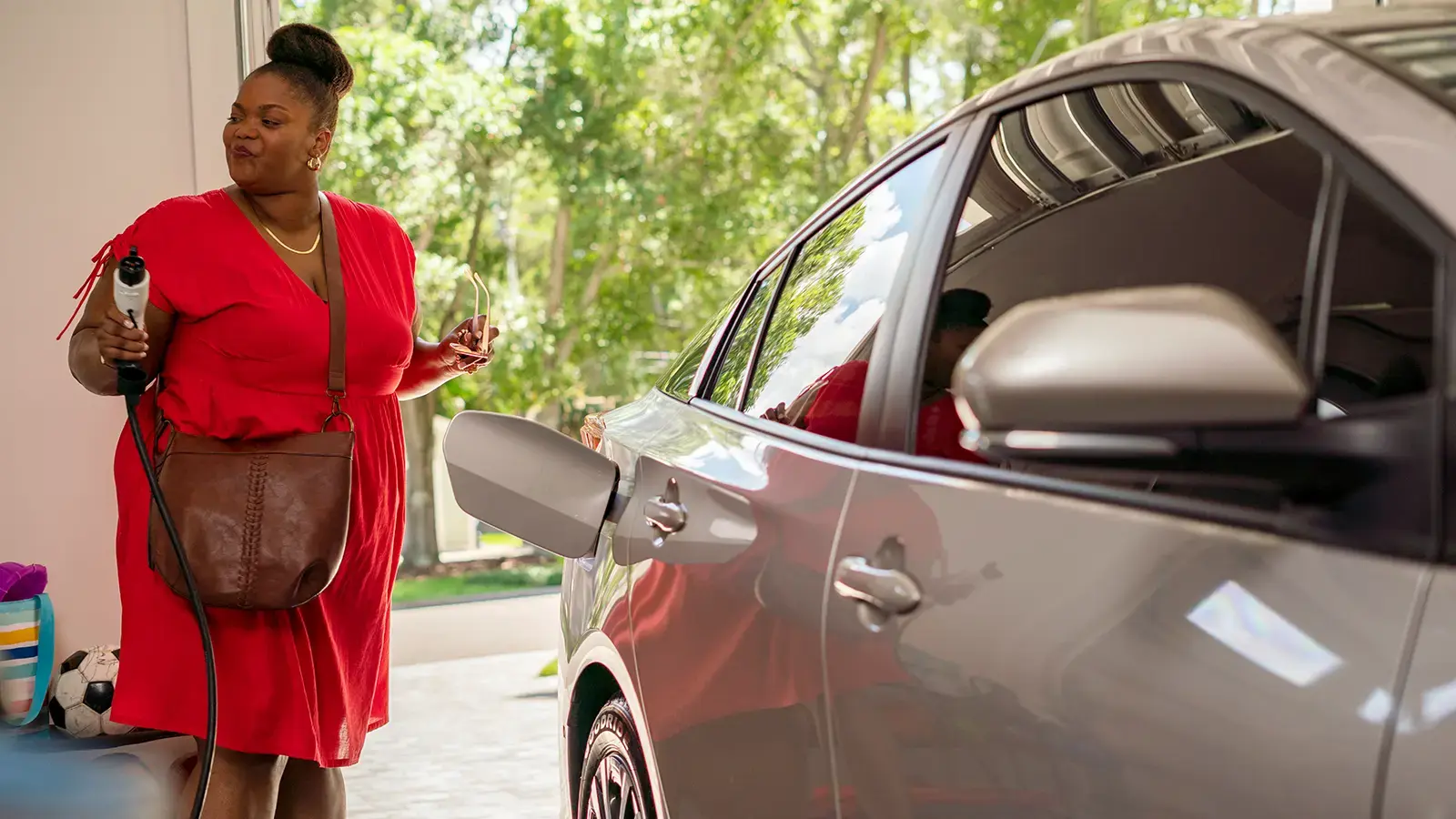Plug-In Hybrid Ownership Costs
If you are considering a plug-in hybrid vehicle (PHEV), you may be wondering how much it costs to own and maintain over time. The good news is that PHEVs typically cost less to fuel and maintain than traditional gas-powered cars. In many cases, they can even match or exceed the savings of fully electric vehicles.
Let’s take a closer look at what impacts the total cost of ownership.
Purchase Price: More Affordable Than You Might Expect
Plug-in hybrids are generally priced between conventional gas cars and fully electric vehicles. Because they use smaller battery packs than all-electric models, manufacturing costs are lower. That often results in a more accessible sticker price.
On top of that, many PHEVs qualify for state and local incentives that reduce costs further. Use the GreenCars Incentive Calculator to estimate what savings are available in your area.
Fuel Savings: Electric Driving Adds Up
One of the biggest benefits of owning a PHEV is the ability to drive on electricity alone for short trips. Most models offer between 25 and 60 miles of electric-only range, which is enough for many daily commutes and errands.
Example Cost Comparison
- Charging at home may cost around 80 cents for a full charge
- Driving the same distance using gasoline could cost several dollars
- Annual fuel savings could total hundreds of dollars, depending on how often you charge
The more you plug in and use electric power, the more money you save.
Maintenance Costs: Often Lower Than Expected
Plug-in hybrids combine a gasoline engine with an electric motor. While this sounds more complex, maintenance costs are often lower than with gas-only vehicles for several reasons:
- Electric driving reduces wear on the gasoline engine
- Regenerative braking helps extend the life of your brake pads
- Oil changes are less frequent since the engine is used less often
- Electric motors have fewer moving parts, which means fewer repairs
According to Consumer Reports, plug-in hybrids cost about three cents per mile to maintain and repair. In comparison, gas-powered vehicles average six cents per mile. Over the life of the vehicle, that difference could mean over four thousand dollars in savings.
Long-Term Value
When you combine fuel savings, lower maintenance costs, and available incentives, plug-in hybrids deliver strong value over time. They are a great fit for drivers who:
- Have short daily commutes
- Can charge regularly at home
- Want to save money without fully switching to electric
PHEVs offer flexibility and peace of mind, making them a smart financial choice for many households.
Stay on the Road to Expertise
Learn how to get the most from your plug-in hybrid:
← Go Back: Maintaining a Plug-In Hybrid: What to Expect
Discover Next: Plug-In Hybrid Best Practices →












